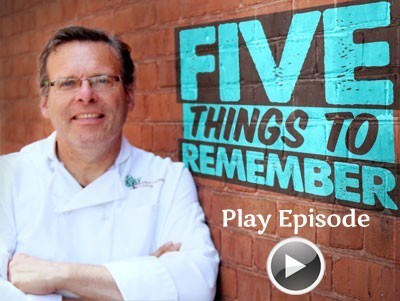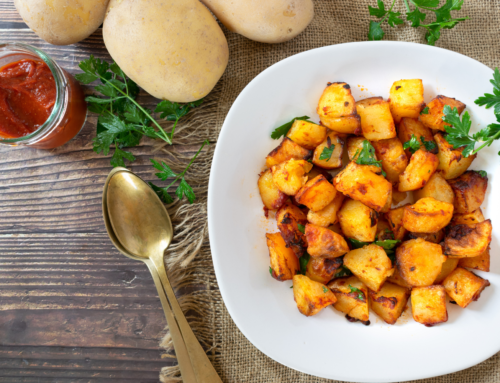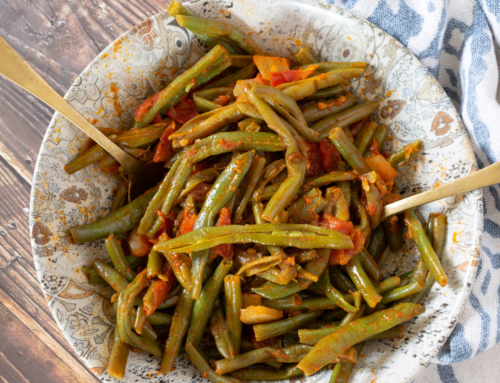How to Lose Weight on The Mediterranean Diet
By Bill Bradley, R.D.
Updated October 7, 2021
I am a dietitian who was obese just a few years ago. I had a hard time walking up stairs without my knees hurting, I suffered from acid reflux and I was tired all the time. Basically, I was a mess. Then I started my own Mediterranean Diet weight loss plan.
Eating the Mediterranean diet, combined with exercise, and dealing with my stress in a healthy way (that doesn’t involve eating), have all been my strategies for losing weight. So far I have lost 35 pounds. I have been losing the weight slowly, which helps to keep it off for the long term.
Today’s podcast is part of our interview with Dr. Artemis Morris, a Naturopathic Physician, whose family comes from the island of Crete. We talk about how a modified Mediterranean diet can help with weight loss. Dr. Morris also shares evidence that it’s possible to be healthy and be overweight.
I also share information about gaining weight and how I lost it over the past few years.
Podcast: Play in new window | Download
Subscribe: RSS
There is a theory that one of the reasons we gain weight is because we are eating food that doesn’t have enough nutrients in it. When we eat a lot of processed foods, we are not getting enough nutrients. When we don’t get enough nutrients, our bodies are hungry all the time and we want to eat and eat. But when we are eating foods full of nutrition and flavor, we become satiated and avoid the hunger trap. I like that.
Here are ten strategies that have helped me along my journey of weight loss with the Mediterranean diet:
- 1. Eat up to nine servings of fruits and vegetables per day, focusing mostly on vegetables. When I do this, I lose weight. There is less room for other foods (except olive oil, herbs, a bit of meat and a small amount of pasta, bread, or rice.)
- 2. Do not be afraid of fat. Healthy fat, especially extra virgin olive oil, fills me up, makes me feel good and makes me less likely to crave other foods.
- 3. Not going back for seconds. This has always been a hard one for me, but it works wonders when I can do it.
- 4. Doing something after dinner other than watching television. If I have a project I am much less likely to continue eating into the night hours.
- 5. Eat meat in casseroles and stews instead of in huge chunks. I am much better these days about not eating huge hunks of meat that never make me feel all that good. What does make me feel good is eating small amounts of ground beef, chicken, or pork in a casserole filled with veggies and olive oil.
- 6. Drinking in moderation. A beer every once in awhile is fine, but as soon as I get into a pattern of having a couple a night, my waistline starts to grow. I drink an occasional Guinness, which feels heavy, but has the same amount of calories as light beer.
- 7. Remembering to move. I come from a family of couch potatoes. I have to push myself, have goal buddies, and prepare ahead, so that I will actually exercise.
- 8. If you are a stress eater, learn how to deal with your stress. When I am feeling stressed out, I try to go for a walk or listen to quiet music. This usually will stop me from eating a meat lover’s pizza and a twinkie.
- 9. Focus on meals with beans as the protein. When I eat more “bean-centric” I lose weight. Beans are more filling than meat and have fewer calories.
- 10. Return to normal eating. After having a not-so-Medidterranean day of eating, I just return back to my healthier habits without judging myself. If I go to a wedding or some other celebration, I eat the food and enjoy it and then try to return to my regularly scheduled eating pattern the next day.
Enjoy the podcast and don’t forget to subscribe!













Bill Bradley, R.D. says:
Bill Bradley, R.D. says:
Bill Bradley, R.D. says: